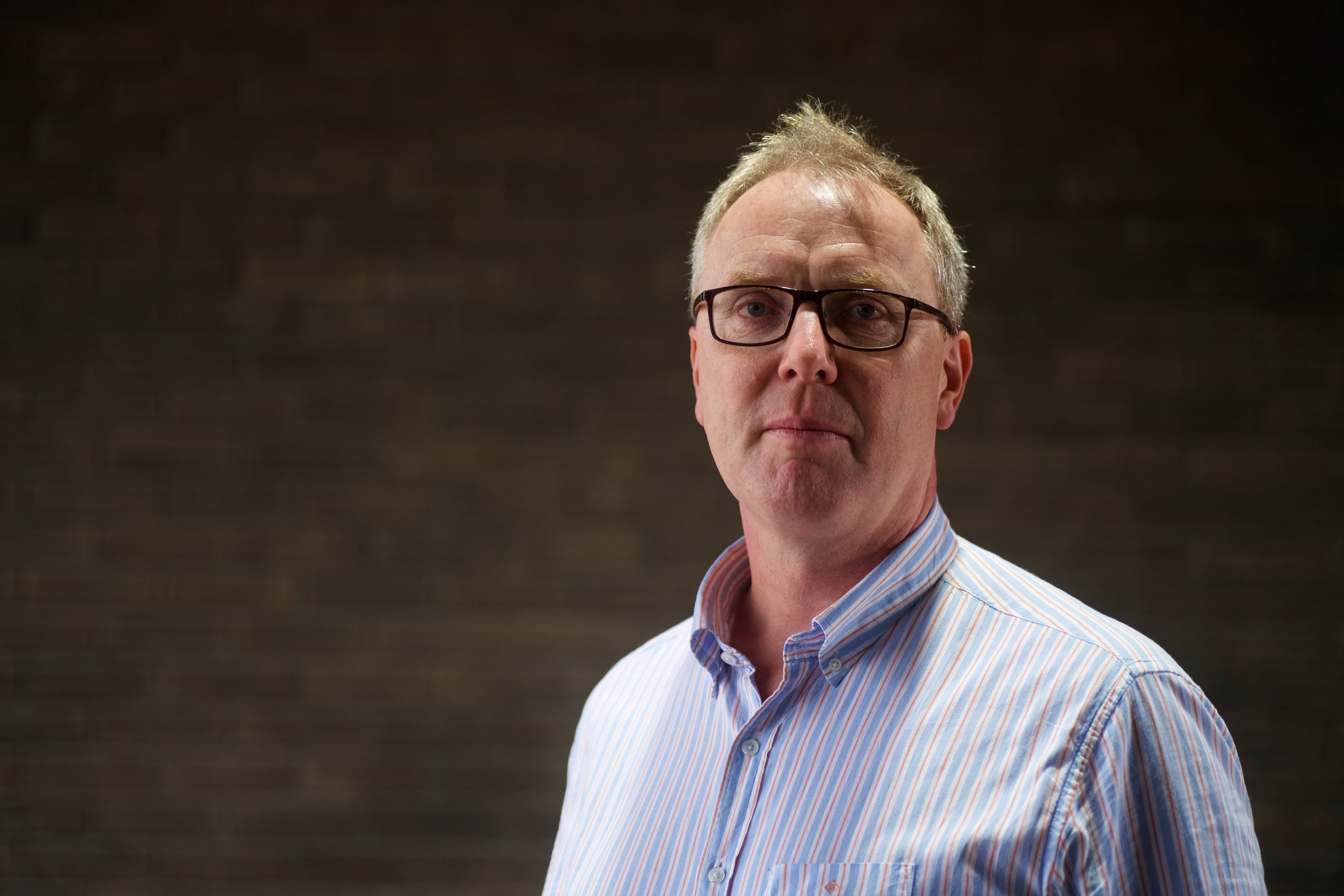Minutes from meetings have been published showing that members of the Scientific and Technical Advisory Cell, which has been advising ministers since the early stages of the pandemic, felt that their fears about the riskiness of Jersey’s strategy were not being heeded.
Four sets of minutes, covering meetings between 16 September and 5 October, have been published on the government website, providing an insight into the work of STAC during this period.
When Jersey raised the threshold for a country or region to be classed as amber from 25 to 50 cases per 100,000 on 29 September, thereby reducing the required isolation period for a large number of arrivals, STAC made their views known.
The positivity rate for inbound travellers had doubled when compared with four weeks previously and it was felt that contributory factors had been the length of time taken to change areas from green to amber and the ‘variation to the categorisation of green,’ the minutes for 5 October note. ‘The cell had made ministers aware of the significant risk that this change would pose to the Island, but its advice had not been heeded.’
Then-medical officer of health Dr Susan Turnbull, her deputy Dr Ivan Muscat and STAC chairman Patrick Armstrong attended a meeting of the ‘Competent Authority’ group of ministers when the amber threshold decision had been made, according to the minutes, with the trio again raising concerns.
‘The members of the cell had indicated that there should be measures implemented to counterbalance that change, but [Dr Turnbull said] she had not seen evidence of them being introduced,’ the minutes said.
Moving the amber threshold from 25 to 50 is described in the minutes as ‘a political decision’.
‘The record goes on to state that: ‘[This decision] gave her [Dr Turnbull] and colleagues good reason to be very concerned about a potential influx of cases – 24 hours was not a significant length of time, but anyone who had the virus had the potential to spread it during that period.
‘The issue centred not just on the inconvenience caused to the passenger, but the wider risk to the community.’
Mr Armstrong is also referenced in the minutes of 28 September mentioning the ‘significant risk to the Island, because of the likelihood of more cases of Covid-19 entering the borders, in the light of the increasing cases across the United Kingdom and Western Europe’, caused by raising the threshold.

The minutes note a compromise situation whereby arrivals from green countries would face mandatory isolation until they received the result of their ‘day zero’ test, although this requirement did not come in until 13 October.
The STAC meeting of 21 September heard about the economic impact of the border policy from Matt Thomas, chief executive of Ports of Jersey, the government’s chief economic adviser Nick Vaughan and Jersey Finance chief executive Joe Moynihan.
Minutes show that a report circulated by Mr Vaughan stated that ‘a decision to maintain travel restrictions into the autumn would start to have a significant negative impact on the financial services industry and that the greatest long-term risk to the Island would be the permanent loss of travel connectivity, which would cause structural harm to the economy’.
Asked by the cell to quantify the financial impact of the pandemic on the Island, Mr Vaughan said this could not be quantified but would be ‘absolutely awful… worse than the recession of 2008’.
Mr Thomas told STAC that air connectivity ‘could not be turned on and off’ and that airlines required flights to be 75% full in order to be financially viable.
The economic perspectives were appreciated by Dr Turnbull. However, the minutes note:
‘[Dr Turnbull] had heard nothing that detracted from the view formed at the previous meeting in respect of the public health implications of relaxing the thresholds.
‘She could not advise that it would be sensible to take that action in the prevailing circumstances, especially in the light of the rapidly increasing cases in neighbouring jurisdictions.’
After nine years as medical officer of health, Dr Turnbull retired at the end of October.
Several other factors are mentioned in the STAC minutes, including:
lOn 28 September it was noted that the night-time economy was considered to be a higher-risk activity for the transmission of Covid-19, with adherence to distancing and other public-health guidelines likely to diminish later in the evenings. STAC members suggested that a ‘consolidated’ closing time with ‘last orders’ at 10.30pm be introduced, although it was noted that ‘some ministers had been keen to be assured that a support package was in place for businesses in the event that this measure was introduced. The measure was eventually introduced in mid-November and was in place until licensed premises were obliged to close entirely on 3 December.
lAn environmental health consultant told STAC on 16 September that ‘there should be no further relaxation of restrictions, particularly because the Environmental Health Team were encountering increasing instances of non-compliance with the current guidelines’. The consultant mentioned a wedding party the previous weekend attended by 120 guests. The minutes add: ‘In his view, it would be dangerous to further ease any restrictions, as it was already proving challenging to control the current situation.
lDr Muscat was among those to oppose a draft plan to split the amber travel classification into ‘light’ and ‘dark’ sub-categories. The minutes note him describing this proposal, which was not subsequently adopted, as ‘inappropriate’.






